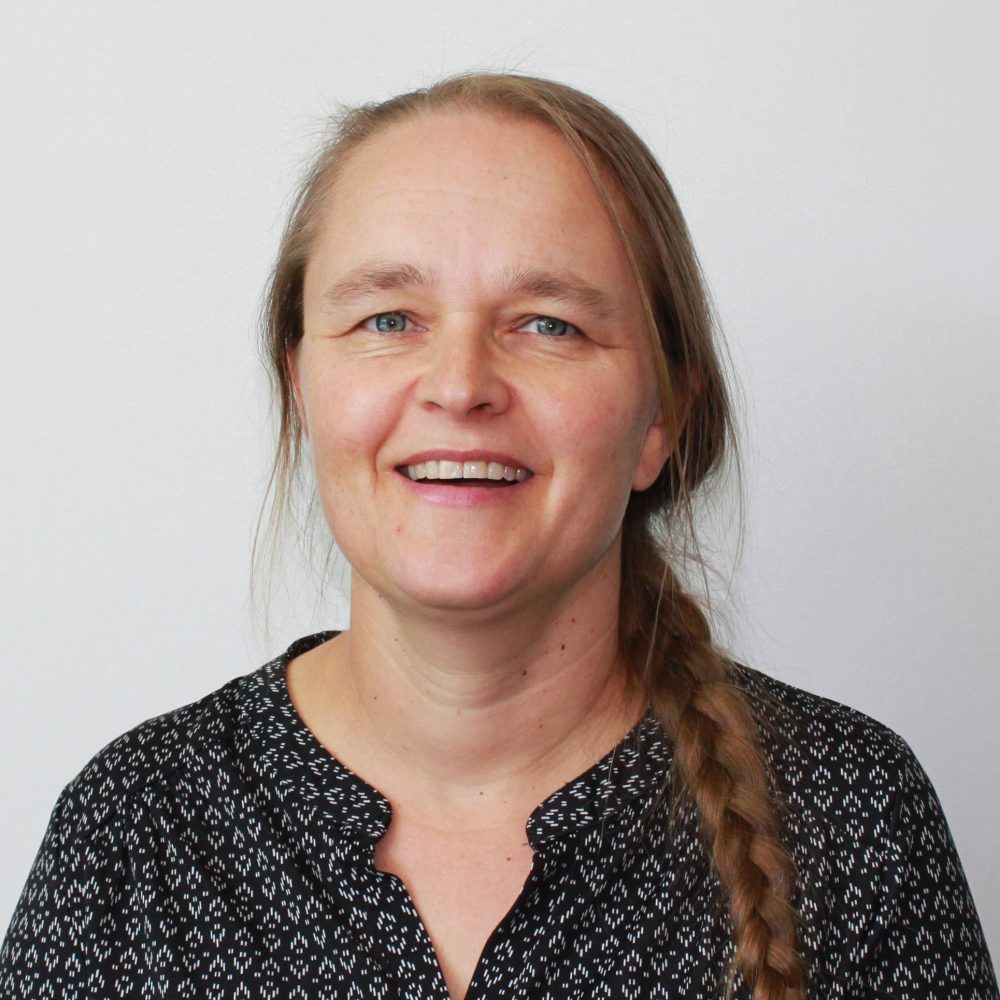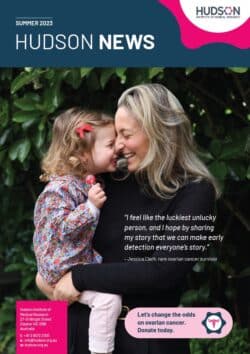Dr Nicole de Weerd
- Senior Research Scientist, Regulation of Interferon and Innate Signalling
- nicole.deweerd@hudson.org.au
Dr Nicole de Weerd is a member of the Regulation of Interferon and Innate Signalling Research group in the Centre for Innate Immunity and Infectious Diseases.

Areas of interest
COVID-19 Endometriosis Inflammation and cancer Inflammatory bowel disease (IBD) Influenza Lung cancer Microbiome in health and disease Ovarian cancer
Research group
Regulation of Interferon and Innate Signalling
Biography
Dr Nicole de Weerd is a senior post-doctoral research fellow in the Centre for Innate Immunity and Infectious Diseases at Hudson Institute of Medical Research (formerly Monash Institute of Medical Research), Clayton. She has 39 publications in total, 10 of which are first author and 3 senior author publications. Nicole has contributed to work published in a number of high impact journals including Science, Nature, Nature Immunology, Nature Medicine, Blood and Journal of Immunology (see selected publications below). Dr de Weerd is a Chief Investigator on an ARC Discovery Project grant (2021-2023) and on NHMRC Project Grant (2017-2021), NHRMC New Investigator Award (2014-2016) and an Associate Investigator on international grants (including the Bill and Melinda Gates Foundation) worth almost $1.5 million (AUD).
Dr de Weerd’s research focuses on examining the structure and function of the type I interferons and their receptors with the view to understanding how this relationship relates to normal interferon signalling and how we may abrogate interferon signals when they are detrimental to health. Dr de Weerd is currently a team leader of a research sub-group which produces recombinant proteins, three different subtypes of mouse and human type I interferons that are used by collaborators locally, nationally and world-wide, and are also used in protein structure-function studies and crystallography projects. Since, and including her PhD studies, the research projects that Dr de Weerd has worked on have all had a common thread, focusing on the investigation of protein-protein interactions with the view to the development of improved immune-therapeutics. Dr de Weerd has a continued interest in this field.
Publication highlights



